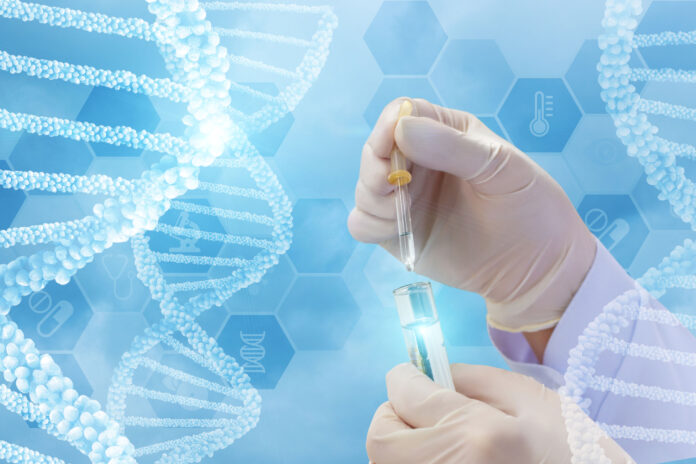Maddy Smith was diagnosed with Spinal Muscular Atrophy (SMA)—an extremely rare but debilitating genetic disorder—as an infant. SMA is a neuromuscular condition that robs victims of the ability to move, swallow, and sometimes breathe without assistance. Shortly before she turned two, Maddy still lacked the strength to crawl or eat solid foods.
Miraculously, Maddy can now walk and play chase with her brother after being treated with Zolgensma. This gene-based (genomic) therapy replaces the malfunctioning gene that causes SMA. As an article chronicling her health struggles writes, “Maddy is doing things families of kids with SMA never would have dreamed of just a few years ago.” Her mother called the transformation a miracle.
There are other miraculous stories of gene-based therapies helping those with rare and severe conditions nationwide. But there are far too few. An article published in the peer-reviewed academic journal Nature finds that twelve gene therapies are approved in the US as of 2022. China, Brazil, the Philippines, South Africa, and India arguably have greater access to gene therapies than the US.
So why aren’t there more gene therapies available to help US patients? The answer boils down to regulation.
Before gene therapies reach patients, they undergo an approval process by both the Food and Drug Administration and the Center for Biologics Evaluation and Oversight. Therapies and other treatments regularly take 12-15 years for the FDA to approve due to the agency’s well-documented difficulty in establishing testing guidelines for custom treatments. CBER’s additional oversight often makes the approval process more complex.
Consequently, thousands of gene therapies are backlogged in the approval process. It’s a serious problem, but slashing regulation provides answers.
In 2012, the FDA faced a backlog of about 2,800 generic medications seeking approval. That year, congress passed the Food and Drug Administration Safety and Innovation Act. The controversial legislation allowed some drugs (including generics) to bypass many early stages of the FDA’s approval process for a fee. By 2018, the backlog was down into the low 100s.
Comparing innovative and complex genetic therapies to generic drugs has its limits. But other deregulations that shorten the FDA’s approval for experimental treatments have also faired well.
All treatments for Alzheimer’s disease approved in the past 17 years have come from the FDA’s Accelerated Approval Program. The first Covid-19 vaccines reached patients after undergoing a truncated approval process through Operation Warp Speed. Right-to-try laws, which allow patients to try experimental and unapproved treatments, have been used to help patients treat Lou Gehrig’s disease and brain cancer.
Many medical professionals are convinced that gene therapy and genetic-based medicine hold tremendous potential. Regulation is slowing them down- and my recommended treatment is ectomy.
